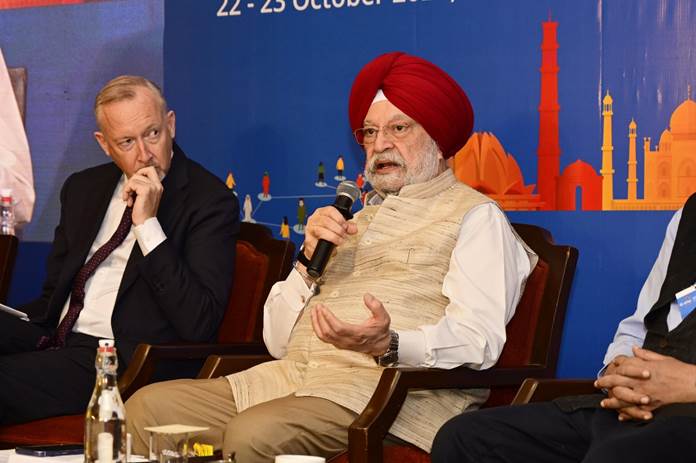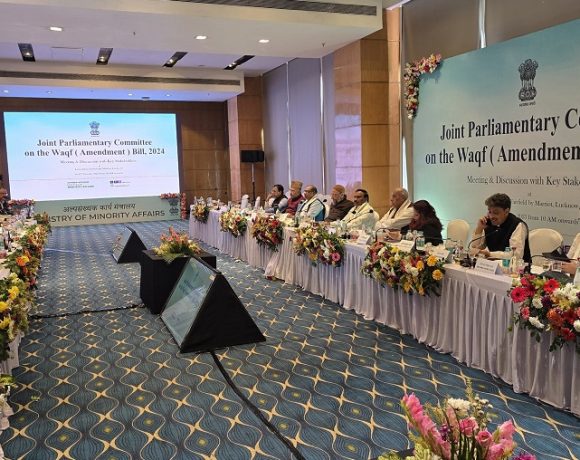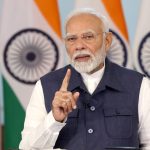
India’s Push for Sustainable Energy at G-STIC Conference
Shri Hardeep Singh Puri, Minister of Petroleum and Natural Gas, addressed the 7th G-STIC Delhi Conference on October 22, 2024, highlighting India’s commitment to advancing sustainable energy solutions. The conference, organized by TERI and VITO, marked its first appearance in India and focused on “Harmonizing Technology, Policy, and Business Pathways for a Sustainable Future.”
India’s Growing Energy Demand and the Trilemma of Sustainability
In his speech, Shri Puri discussed the increasing complexity of balancing affordability, availability, and sustainability within energy transitions. As India’s energy demand is projected to rise from 5.4 million barrels per day to 7 million by 2030, the country is set to become a key contributor to global energy consumption. He emphasized the challenge of managing this surge, as democratically elected governments face a critical trilemma in their energy policies.
Ethanol Blending and Sustainable Transport Initiatives
One of the significant achievements mentioned was India’s progress in ethanol blending, which has increased from 1.53% in 2013-14 to 16% today. This advancement has prompted the government to move its 20% ethanol blending target forward from 2030 to 2025. Shri Puri also highlighted India’s efforts in promoting hydrogen fuel cell technology, with 15 hydrogen-powered buses currently in operation, reflecting the country’s proactive approach to sustainable transport.
Green Hydrogen and Biofuel Innovations
The Minister also focused on green hydrogen as a key future energy source, emphasizing the need to reduce production costs and scale up technology. He pointed out that, although India does not have abundant land for biofuel production like Brazil, innovative strategies in biofuel development could help reduce energy import dependence and address local energy needs.
Empowering the Global South and Lifting Millions Out of Poverty
Shri Puri stressed the importance of sustainable energy solutions for the Global South, where many countries depend on energy imports. He also touched on the success of the Ujjwala scheme, which has expanded access to clean cooking fuel from 140 million to 330 million connections, helping lift 250 million people out of multidimensional poverty.

















